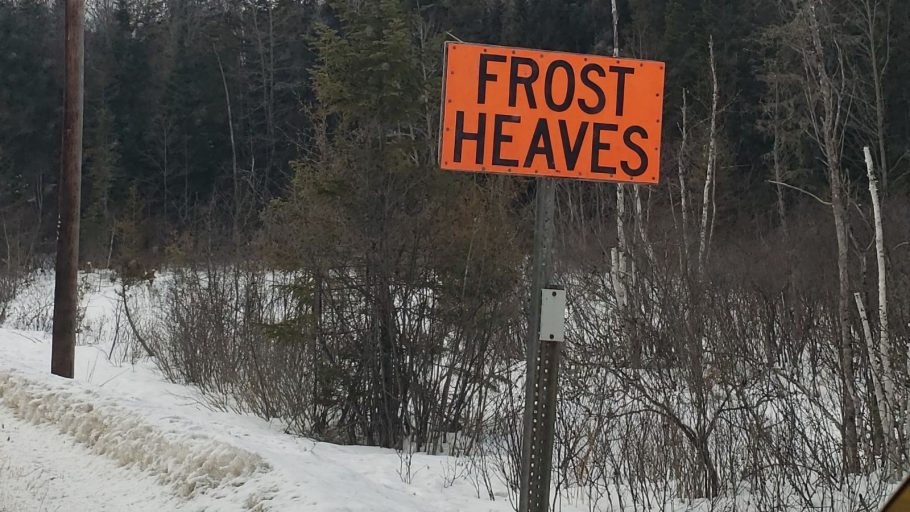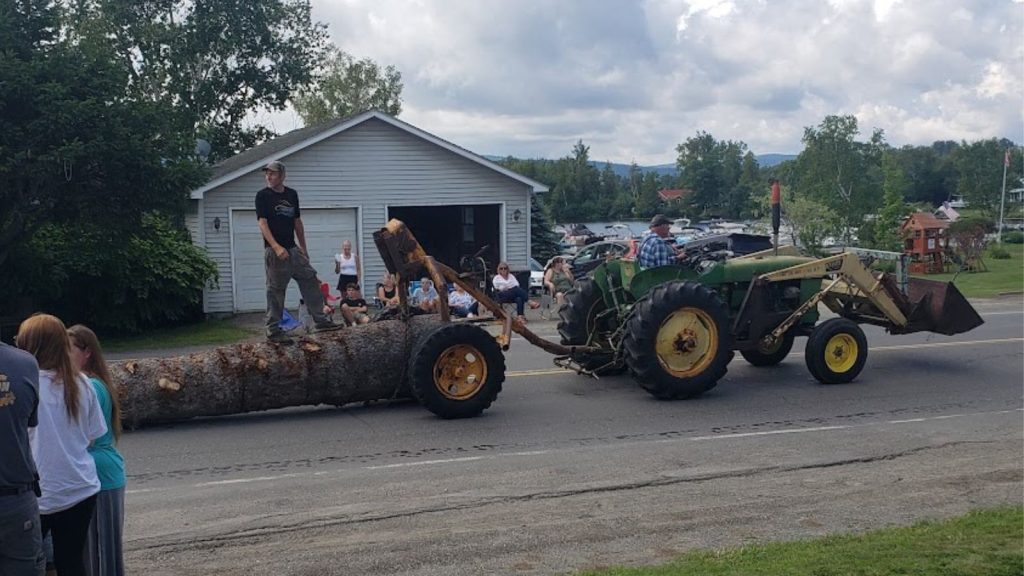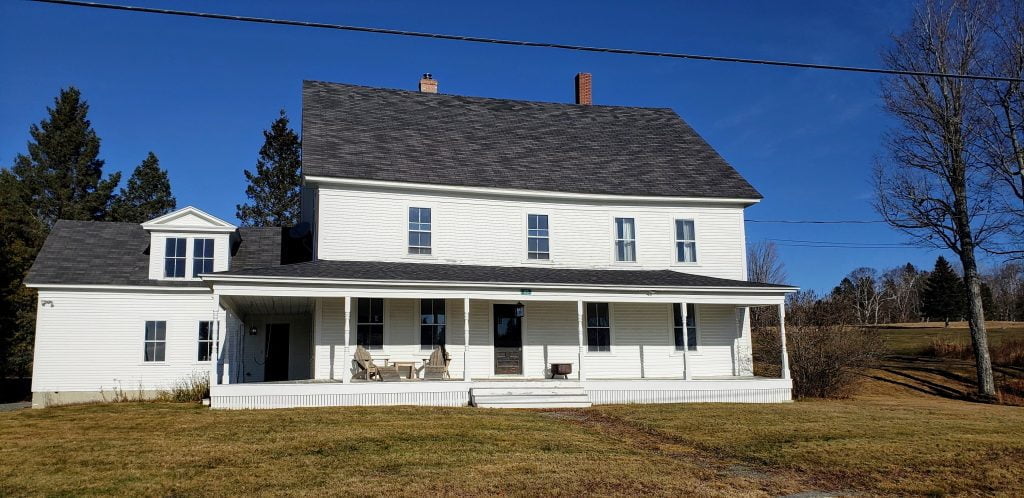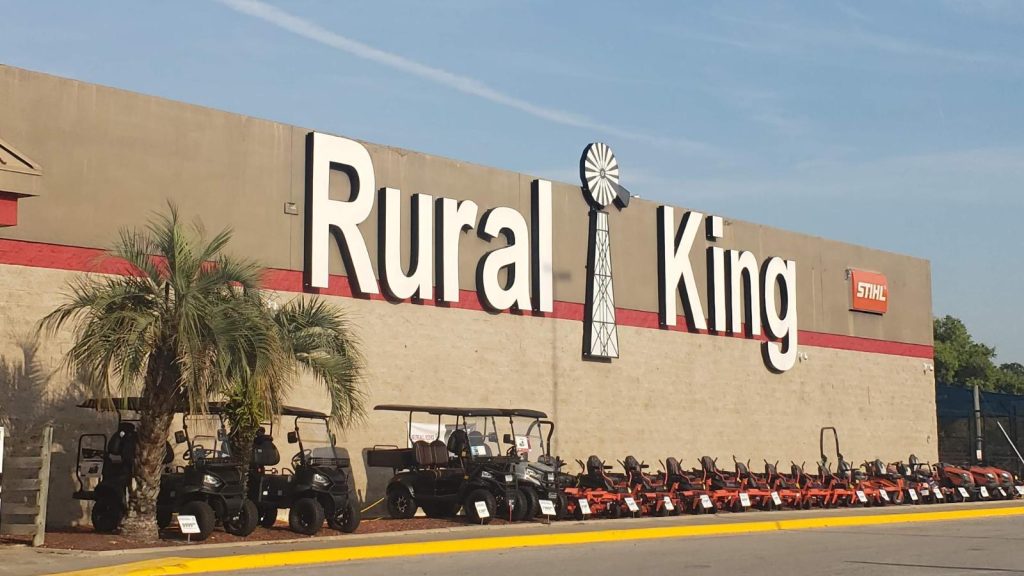For residents of rural areas, healthcare options can be limited. However, upon closer examination, you’ll discover that northeastern rural health clinics provide an appealing alternative to traditional hospital-based healthcare. Let’s explore the benefits of rural health clinics and why they could be your best choice for healthcare.
I recently went to one in our area and have been pleasantly surprised and grateful that I didn’t need to take a long drive for my yearly physical.
What Are Rural Health Clinics?
A rural health clinic is a clinic located in a rural, medically underserved area in the United States that has a separate reimbursement structure from the standard medical office under the Medicare and Medicaid programs.
You can see if you live in one of these defined areas here.
Advantages of Our Northeastern Rural Health Clinics
- Convenience – Easy to get appointments
- Affordability – Insurances accepted
- Personal Care – Fewer people, easier to spend more time with patients.
- Less Time Waiting – There is less time waiting to see a doctor.
Rural health clinics are designed to provide basic healthcare services to people living in remote areas with limited access to medical care. These clinics are often staffed by local providers who understand and empathize with the struggles of living in a rural community, making them more likely to provide comprehensive and compassionate care.
Additionally, rural health clinics tend to accept patients regardless of their insurance status or ability to pay, making them an excellent choice for those without access to traditional healthcare resources.
1. The Convenience of Rural Health Clinics
Rural health clinics are located in and serve communities throughout the United States, often in places where access to other sources of medical care is difficult or impossible.
This makes them easily accessible for those living in remote areas who don’t have easy access to hospitals or large medical centers. For us, it’s a one-hour drive to a small hospital emergency room.
Furthermore, most rural health clinics offer extended hours, sometimes even on weekends and holidays, making it easier for patients to get the care they need when they need it.
(These weekend hours are not available in our local rural area in the Northeast, which is why I want to take a CPR course.)
2. Affordability In Rural Health Care
Rural health clinics typically accept both private insurance and Medicare/Medicaid plans, which helps reduce out-of-pocket costs for their patients. Many also offer discounted rates for those without insurance coverage or with limited income, making healthcare more affordable for all patients regardless of their financial situation.
Additionally, since many services are offered onsite at rural health clinics (such as lab tests and X-rays), fewer trips may be required outside the clinic than would be necessary at a larger hospital facility, resulting in further cost savings for patients.
(Again, this option of X-rays is not available in our area; we have to drive an hour for them, too.)
3. Personalized Care At Rural Clinics
At rural health clinics, patient care tends to be more personalized than what is available at larger hospitals or medical centers due to smaller staff sizes and fewer patients being seen per day.
Additionally, many rural health clinic providers are familiar with their local community members and have established relationships with them over the years, which can add an extra layer of trust when it comes time for treatment or diagnosis.
This intimate setting enables practitioners to gain a deeper understanding of their patients’ individual needs and provide more personalized treatments that meet their specific requirements.
The goal is always to provide high-quality patient care, but doing so in a personal manner sets rural health clinics apart from other types of healthcare facilities.
We have found this to be true with our local walk-in clinic. The doctors and practitioners seem to have more time to spend with you.
4. Less Time Waiting In Northeastern Rural Health Clinics
Over the past five years in our new rural area, we have had to visit the emergency room several times—even our father, who used to stay with us before his passing, had to have emergency services.
I must say that the wait times are significantly less than in our former state of Rhode Island. There are fewer people in this rural community, so the wait times are much lower. It may take an hour to get there, but once you arrive, you usually don’t have to wait another hour.
Even last year, when I had my gallbladder out, I was the only person on the floor of the hospital for surgery that day. I received the utmost care at the small hospital.
Back in Rhode Island, my parents had to wait some nights, 8-10 hours before receiving medical care due to the number of patients waiting.
Disadvantages of Northeastern Rural Health Clinics
- Shorter office hours
- No x-ray machines or quick blood work results
- Lack of a pharmacy nearby if needed
- No medical specialists nearby
- No pharmacy nearby
Although there are certainly advantages to using a rural health clinic, there are also some drawbacks. For starters, these clinics may not offer all the same services as larger hospitals or medical centers due to staffing or financial constraints.
This means that if you need emergency care or specialty care such as surgery or cancer treatment, you may need to travel outside your area for additional services. We have to drive an hour away to see a specialty doctor or an eye doctor.
Recently, we learned that pregnant women in our rural area have to travel even further. I can’t imagine having to drive 3 hours to have a baby while in labor.

However, we have found that in a rural area, wait times are never an issue, as they were when we lived in the more densely populated state of Rhode Island.
Back there, we had to make appointments way in advance and still be waiting in the waiting area for a much longer amount of time once we had an appointment.
Being Prepared If You Are Unable To Get To Services
We have also learned to have every possible medicine and medical tool available. For example, a blood pressure machine and thermometer, as well as cold and flu medicines, are always on hand. Some of our friends here are purchasing a defibrillator for emergency use.
Even if we reach the walk-in center for care, it’s an hour’s drive to the pharmacy if you need medication.
Fortunately, for example, our doctor recommends a sinus rinse for a sinus infection before prescribing any medicines. Medicines are a last resort.
Living in a rural area, you do what you can to stay healthy and avoid getting sick or needing medical attention, especially on a weekend. However, one year, my father-in-law required medical attention, and the EMTs and border patrol were right there to help him.
At other times, the wardens in our area assist people involved in skiing or snowmobile accidents. But with that said, if there is no cell service, help may be limited and take much longer. Always carry supplies with you in case this happens in your rural area.
However, if there is a lot of snow, having a snowmobile may be the best way to get there when the roads are closed.

To Conclude: Northeastern Rural Health Clinics
When it comes down to it, there are several advantages to choosing a rural health clinic over other types of healthcare facilities, such as larger hospitals or medical centers. From convenience and affordability to personalized care, these unique clinics offer quality care in an intimate setting that prioritizes people’s needs every step of the way.
We have been delighted with the rural healthcare in our area after moving 5 years ago. It’s hard to change doctors, dentists, and eye care physicians, especially when you have had them for 30+ years. But the change has been good for us so far.
With all this said, we have known a few people who had severe medical conditions and had to move away to be closer to the city for care. So, of course, it’s something to consider before making your move to a rural area.
I’d love to hear about your experiences with rural healthcare in your area.




